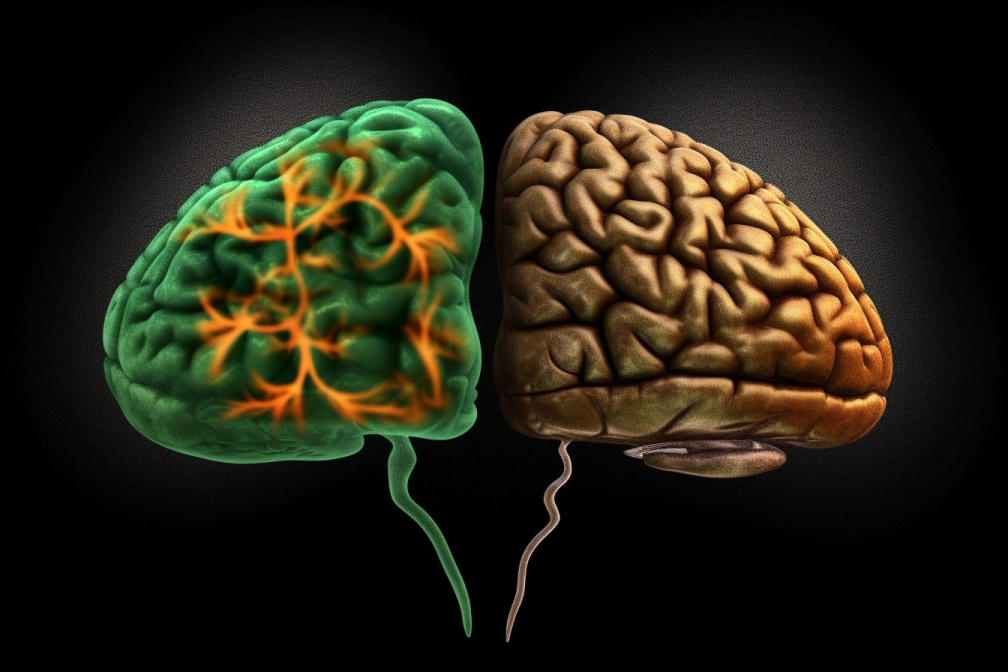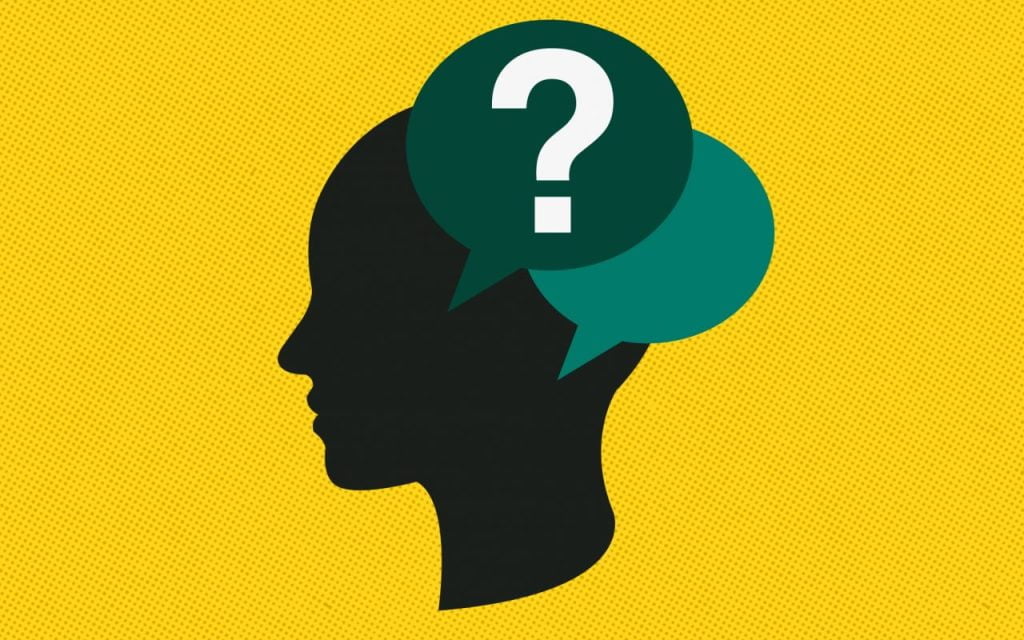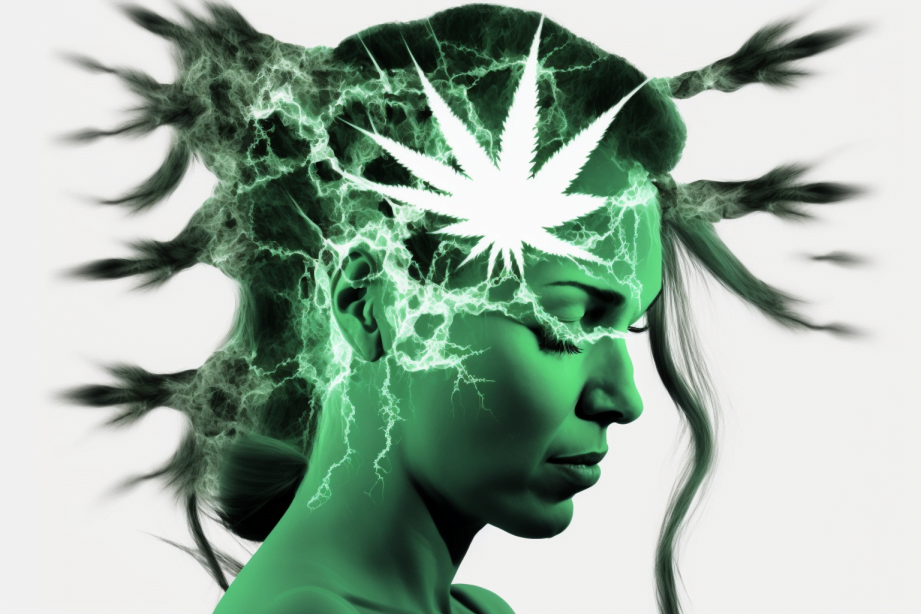English
Short-term effects of cannabis on the brain
When cannabis is consumed, it quickly enters the bloodstream and makes its way to the brain. The effects of cannabis on the brain can vary depending on the dosage, method of consumption, and the individual’s tolerance. Some of the short-term effects of cannabis on the brain include:
- Impaired memory: One of the most common short-term effects of cannabis on the brain is impaired memory. Cannabis can affect the hippocampus, which is the part of the brain responsible for memory formation. This can result in short-term memory loss or difficulty recalling recent events.
- Altered perception: Cannabis can also alter perception, causing a heightened sense of sight, sound, taste, and touch. This can result in distorted perception of time, space, and distance.
- Increased appetite: Another short-term effect of cannabis on the brain is an increased appetite, also known as the “munchies.” Cannabis can stimulate the appetite by activating certain receptors in the brain that regulate hunger.
- Impaired motor skills: Cannabis can also impair motor skills, making it difficult to coordinate movements and perform complex tasks such as driving.
- Anxiety and paranoia: In some cases, cannabis can cause anxiety or paranoia, especially when consumed in large doses or by individuals with pre-existing anxiety disorders.
Long-term effects of cannabis on the brain
While the short-term effects of cannabis on the brain are relatively mild and temporary, the long-term effects can be more serious and potentially permanent. Some of the long-term effects of cannabis on the brain include:
- Structural changes in the brain: Long-term cannabis use can cause structural changes in the brain, particularly in the areas of the brain responsible for memory, learning, and emotion. These changes can affect cognitive function and emotional regulation.
- Impaired learning and memory: Chronic cannabis use can also impair learning and memory, making it difficult to acquire new information or recall previous information.
- Addiction: Long-term cannabis use can lead to addiction, especially in individuals who use cannabis frequently or in large doses. Cannabis addiction can result in withdrawal symptoms such as irritability, insomnia, and loss of appetite.
- Mental health problems: Chronic cannabis use has been linked to an increased risk of mental health problems, such as depression, anxiety, and psychosis. The risk is higher in individuals who start using cannabis at a young age or have a pre-existing mental health condition.
- Respiratory problems: Smoking cannabis can also cause respiratory problems, such as chronic bronchitis and lung infections.
A positive attitude towards the effects of cannabis on the brain

While there are numerous studies that suggest negative effects of cannabis on the brain, there are also some studies that refute these negative effects or show positive effects of cannabis use. Here are some examples:
- A study published in the Journal of Neuroscience in 2014 found that THC, the main psychoactive compound in cannabis, can actually improve memory in old mice. The study showed that the mice performed better on memory tests after receiving low doses of THC, suggesting that THC may have potential as a treatment for age-related memory decline.
- A study published in the Journal of the American Medical Association in 2015 found that cannabis use was not associated with a decrease in IQ among adolescents. The study followed over 2,000 young people for 8 years and found no significant difference in IQ between those who used cannabis and those who did not.
- A study published in the Journal of Psychopharmacology in 2017 found that cannabis use was associated with improved cognitive function in people with bipolar disorder. The study showed that participants who used cannabis had better executive function, working memory, and verbal fluency compared to those who did not use cannabis.
- A study published in the Journal of Pain in 2019 found that cannabis use was associated with reduced opioid use in patients with chronic pain. The study showed that patients who used cannabis for pain management were able to reduce their opioid use by an average of 47%, suggesting that cannabis may have potential as a safer alternative to opioids.
Related articles :
Published by Sakul
11/05/2023choose and buy cannabis seeds from our offer
our pleasure


























